
About Me
Hi there! I’m a junior at the University of Pennsylvania, pursuing a Bachelor of Science in Engineering in Computer Science and minoring in math. I love coding, running, and baking, and you can often find me in a coffee shop coding or outside on a run. I find joy in the balance of the digital and natural worlds, from learning a new software technology to trail running in my hometown, Tallahassee, Florida.
Combining my love for programming with my desire to make a positive impact on the environment is my dream. I believe that harnessing the power of technology can make a positive impact on the planet, and that’s where I want to be.
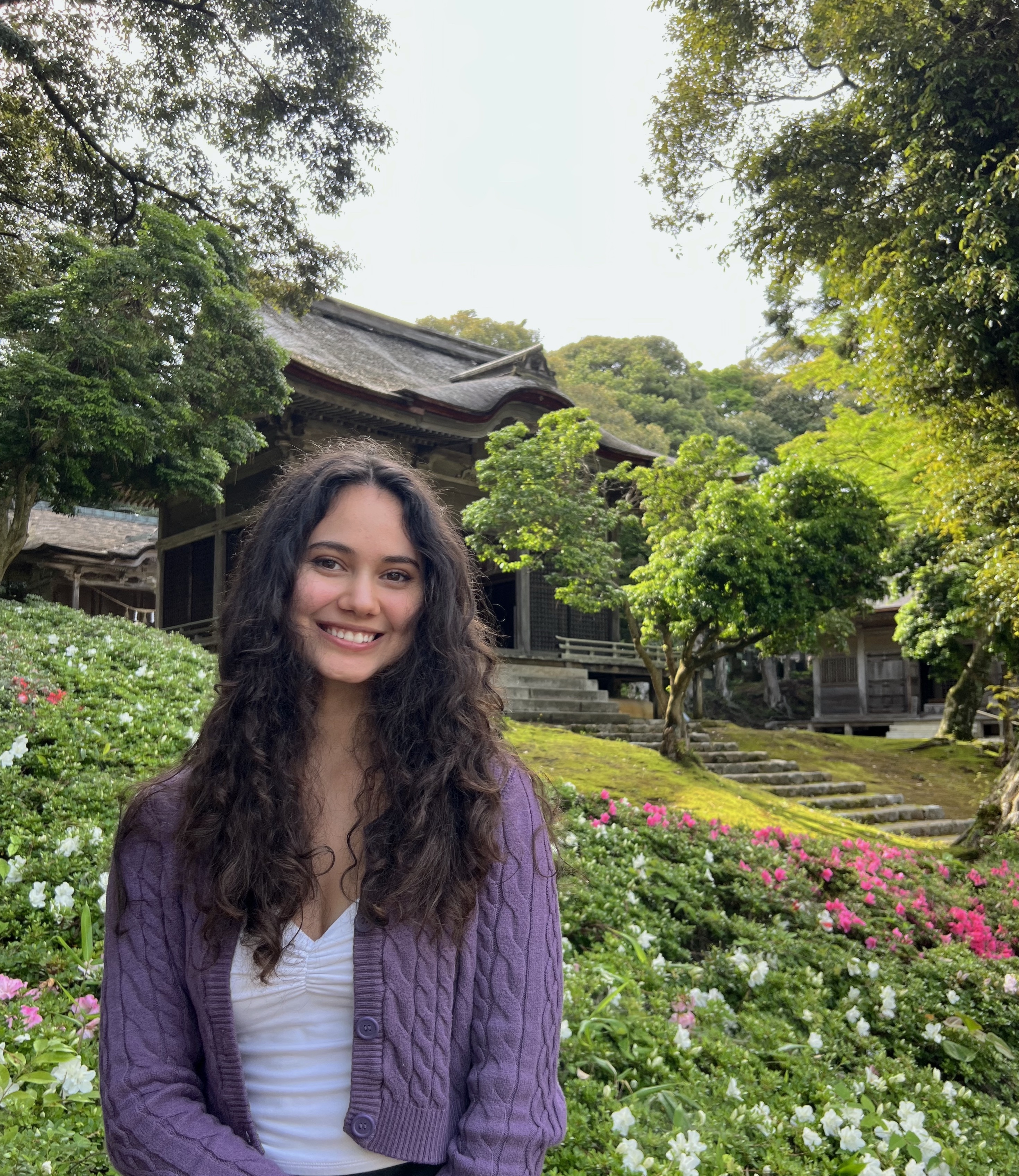
Projects
Chilladelphia – Best Sustainability Hack
PennApps Hackathon 2024
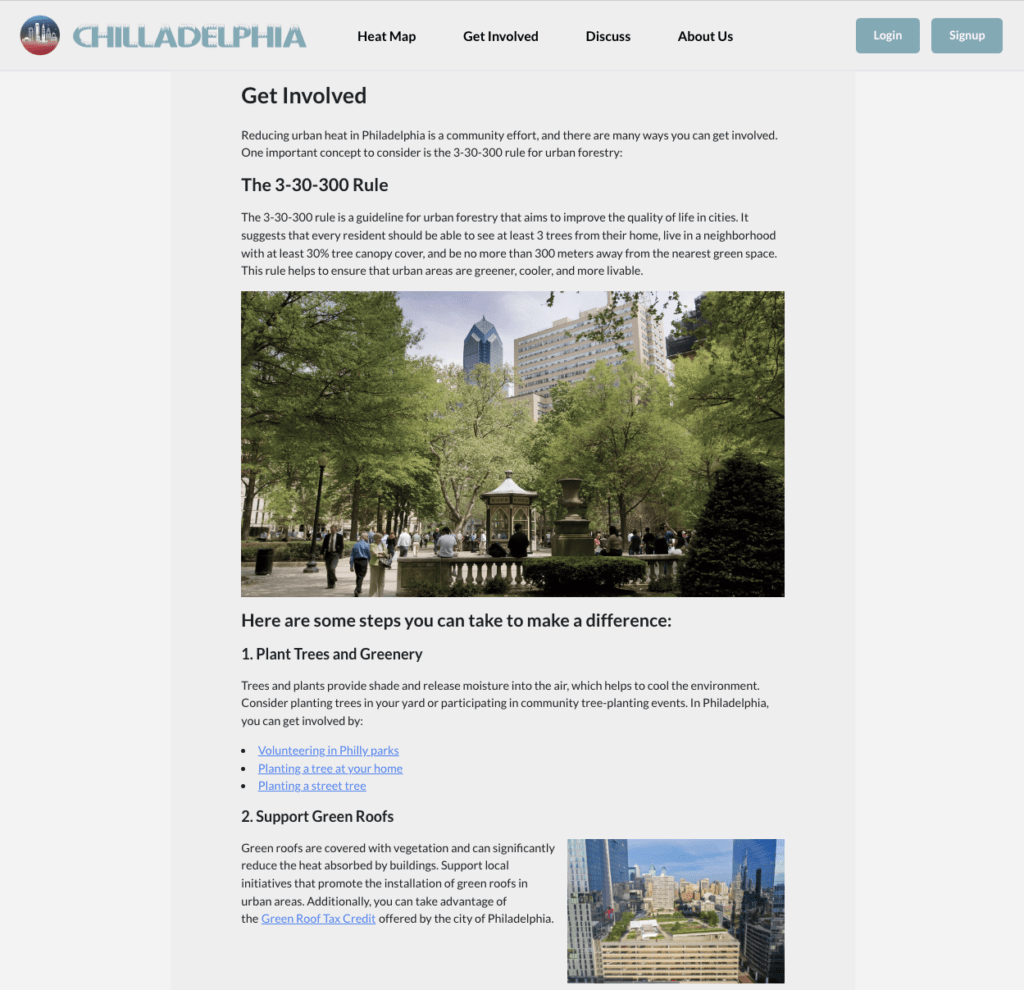
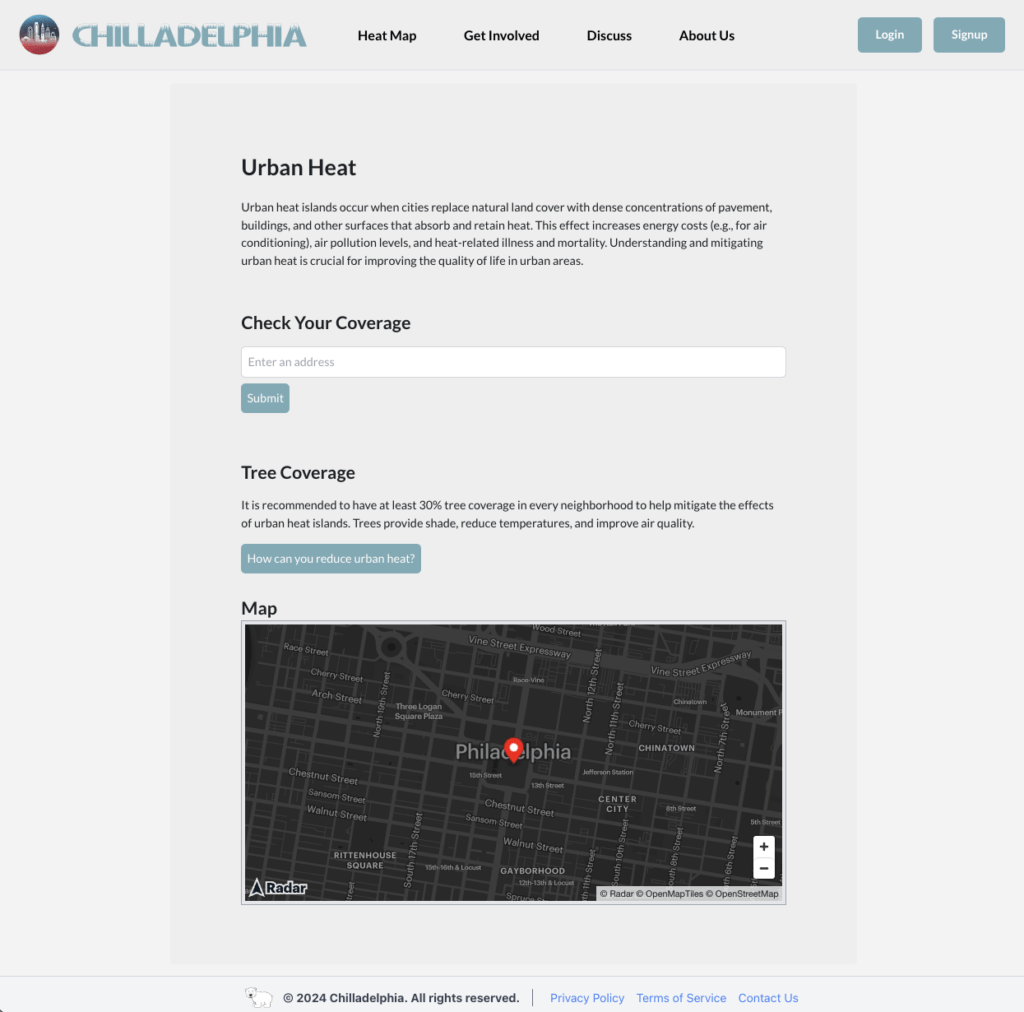
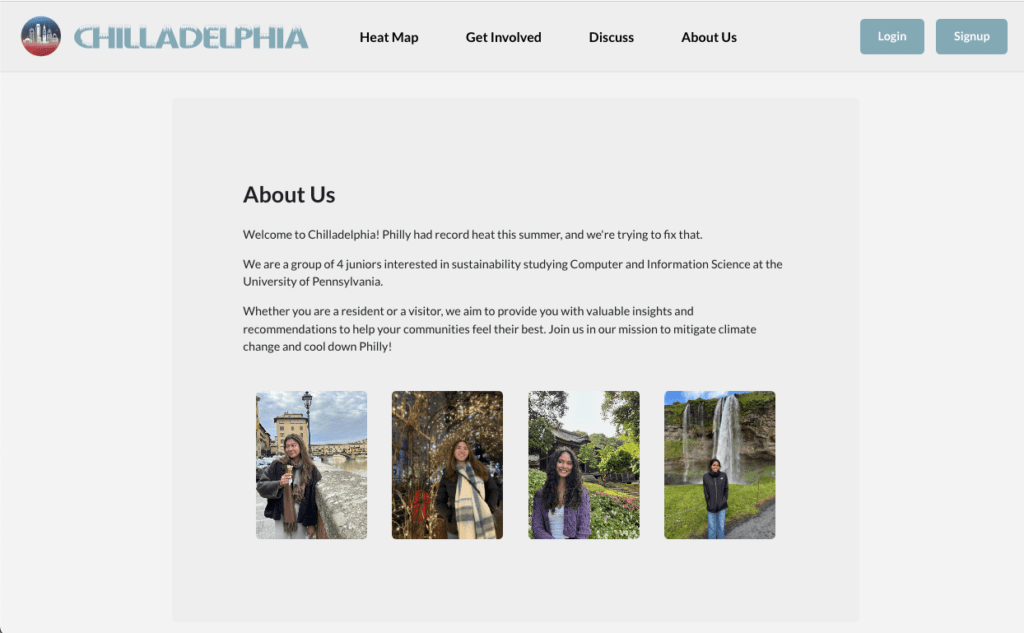
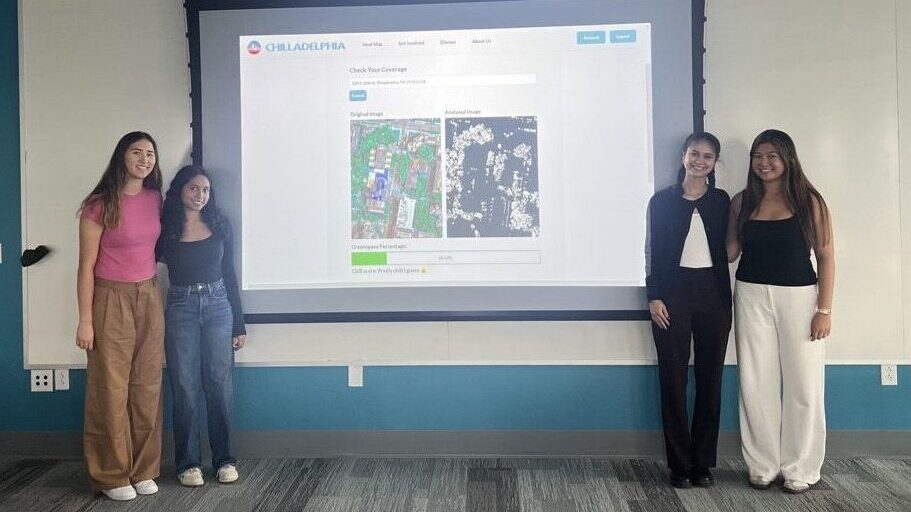
My group won Best Sustainability Hack for our project Chilladelphia, an app that helps cool down Philadelphia by providing personalized “chill ratings” based on greenery analysis and eco-friendly suggestions. We used computer vision to analyze satellite images of Philadelphia for tree coverage. I built the frontend using Vite + React and TailwindCSS, ensuring smooth navigation with React Router and Radix UI for theming. I incorporated PropelAuth for user authentication and used the Radar SDK for address autocomplete and map display. On the backend, I set up the MongoDB database connection and implemented routing with Axios API requests to fetch data from the backend to frontend.
Here is the project: https://github.com/carolinecummings19/Chilladelphia
And here is the DevPost submission: https://devpost.com/software/chilladelphia?ref_content=user-portfolio&ref_feature=in_progress
Instagang Final Project
NETS 2120: Scalable and Cloud Computing
I collaborated with a three other classmates to build a social media app that resembled Instagram, which we called Instagang. My primary responsibilities included developing the database query endpoints and establishing connections between the frontend and backend using Axios routes. I also implemented key routing features such as login, signup, and the home feed, which supported likes, comments, and post rankings. Additionally, I connected frontend to backend for the search functionality for posts and users, the friends page to fetch current friends, recommendations, and requests, as well as the profile page where users could update their information like passwords and emails.
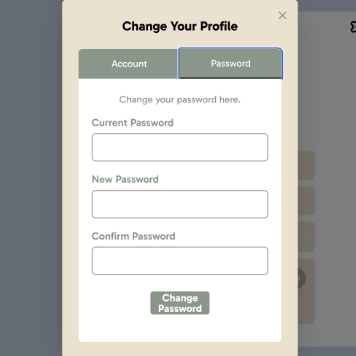
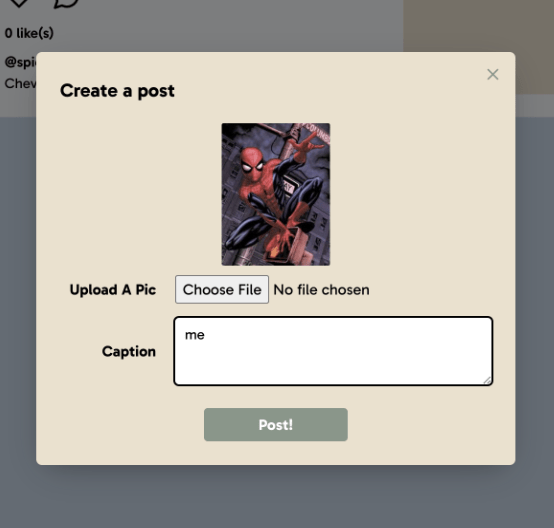
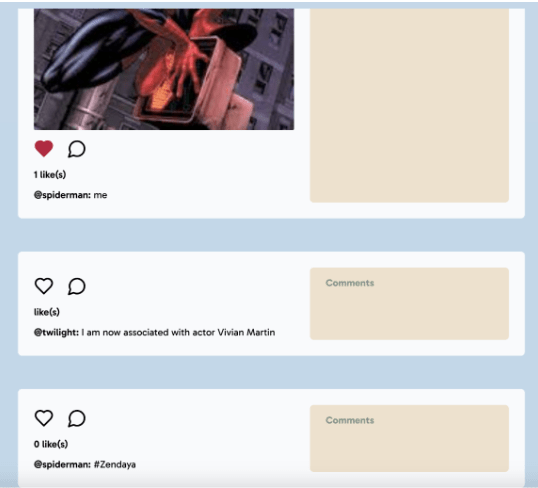
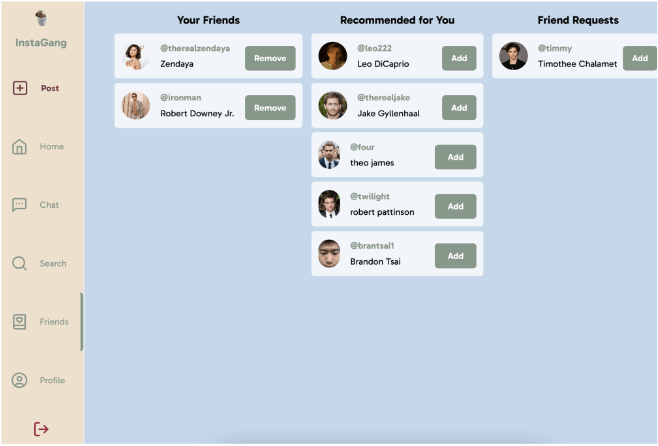
Penn Operating System Final Project
CIS 3800: Operating Systems
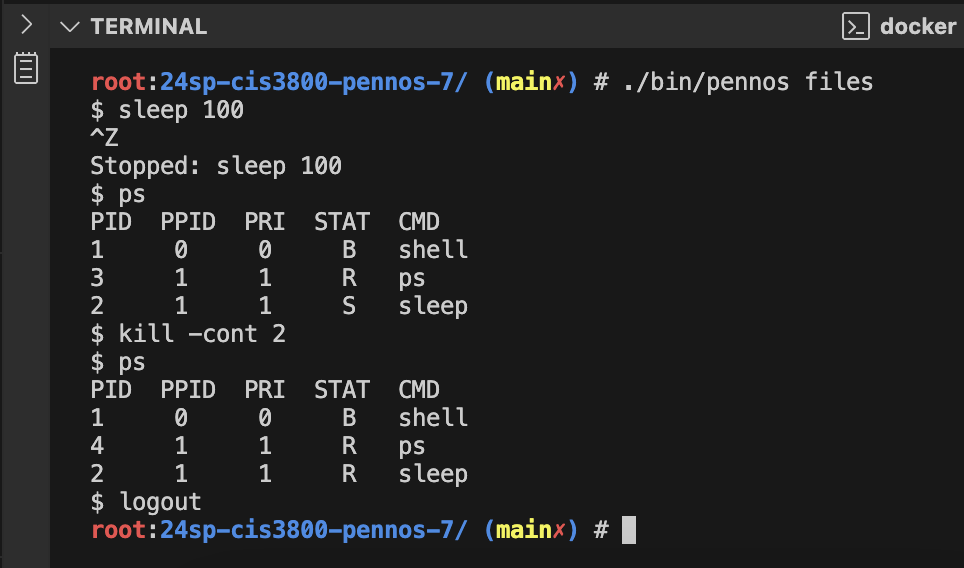
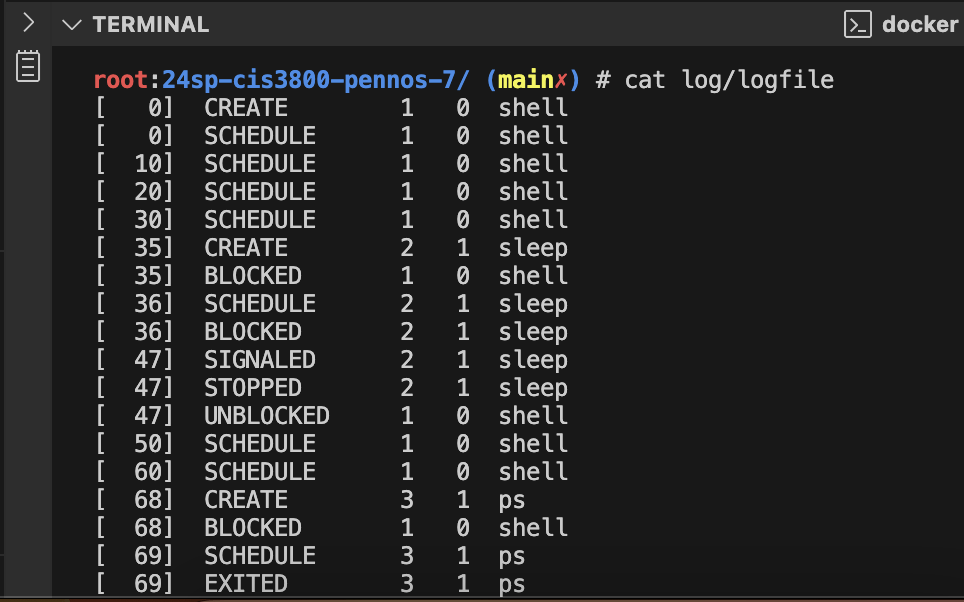
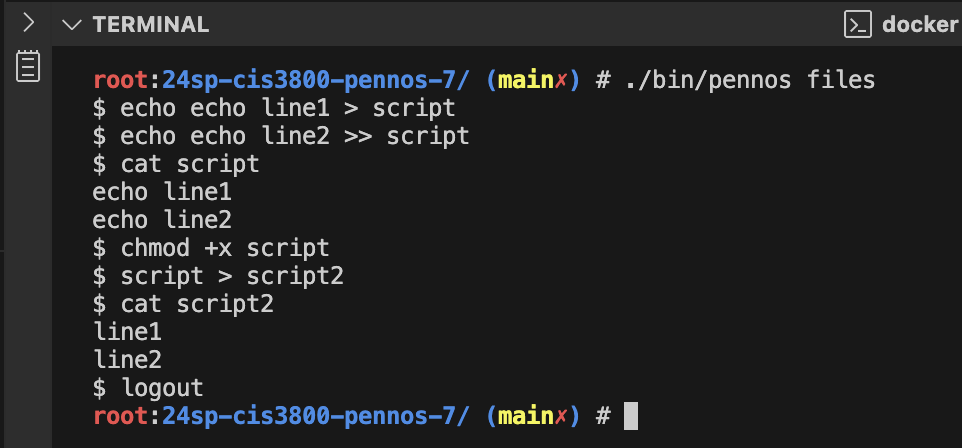
As part of a group of four, I built a UNIX-like operating system in C, which included a basic priority scheduler, a FAT file system, and user shell interactions. My primary contributions focused on implementing the threading and scheduling processes for the priority scheduler and ensuring efficient task management. Additionally, I handled job control and defined built-in commands (like sleep, ps, kill, echo, cat, etc seen to the left) for user interactions within the shell, facilitating communication between the user and the system.
Berlin Marathon Analysis Final Project
CIS 5450: Big Data Analytics
In this class, I explored techniques for processing and analyzing large datasets using Pandas and SQL. For my final project, I worked with 2 other classmates to build predictive models, including linear regression, gradient boosting regression, and random forest, using datasets of weather conditions and marathon finishing times for the Berlin Marathon. Our goal was to analyze and predict how environmental factors affect marathon race times, providing valuable insights into the impact of weather on athletic performance.
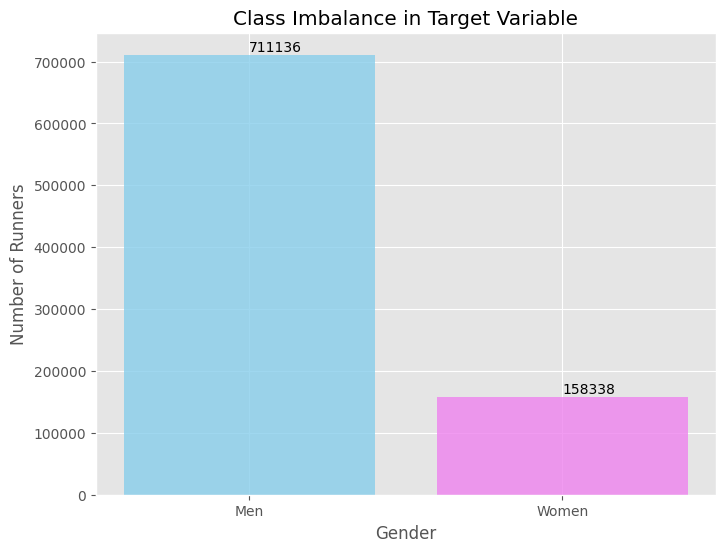
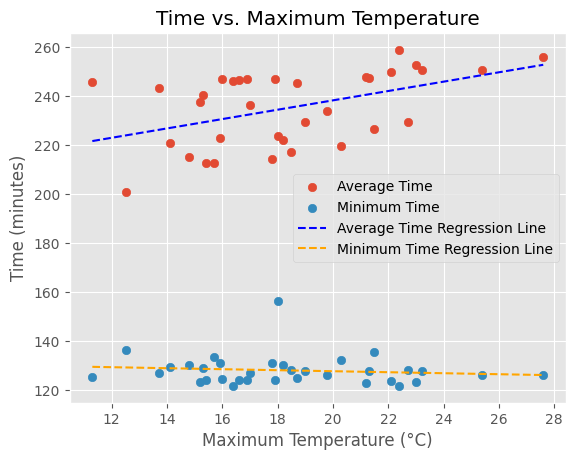
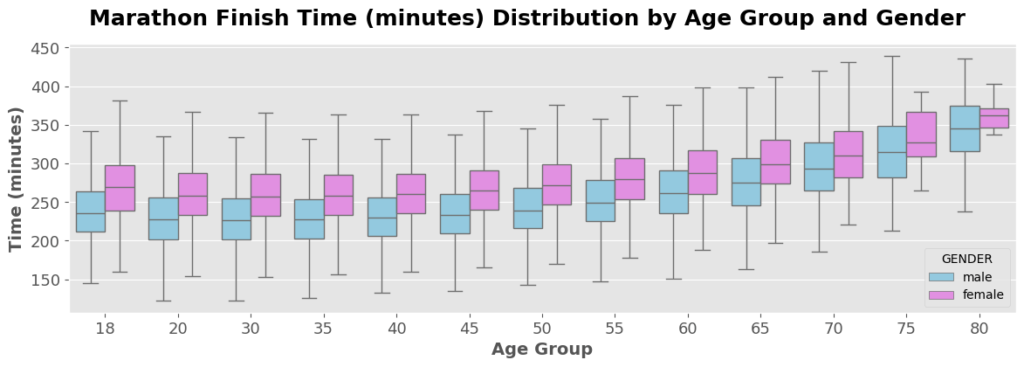
ClimatEarth Final Project
CIS 3500: Software Engineering
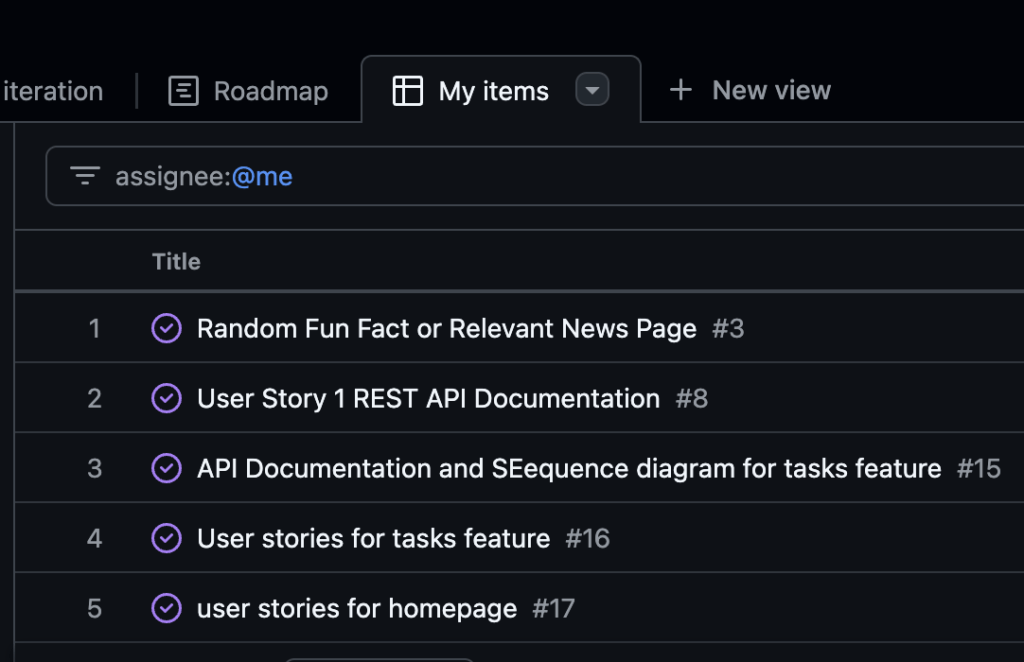
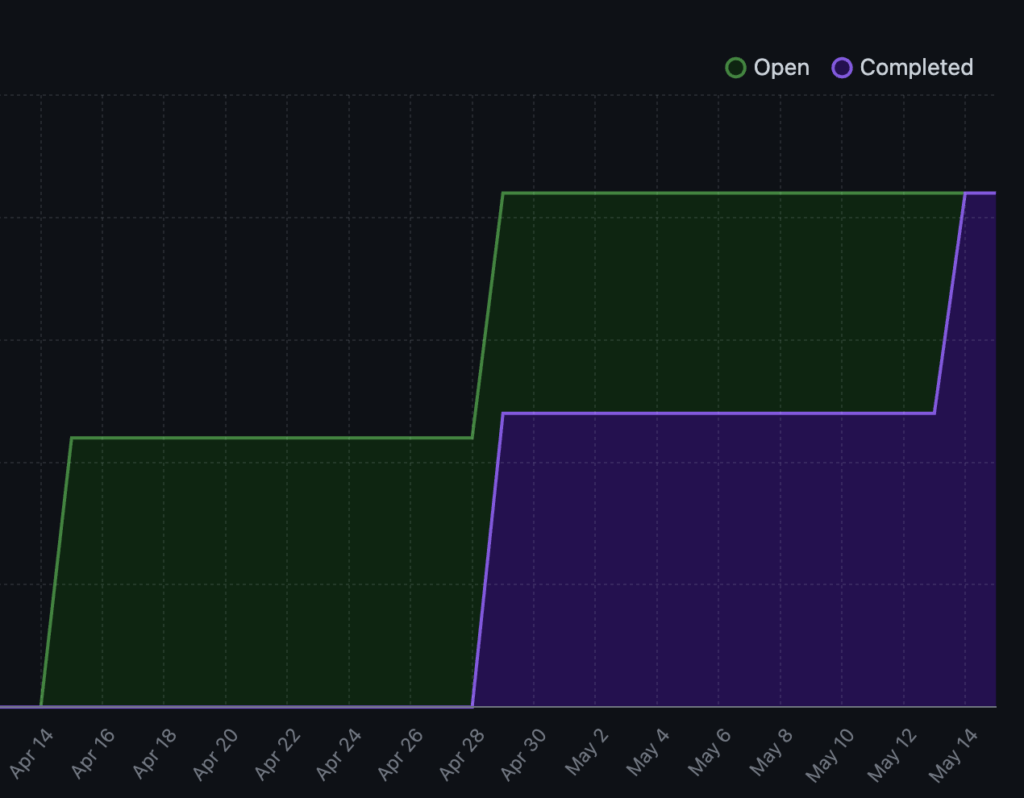
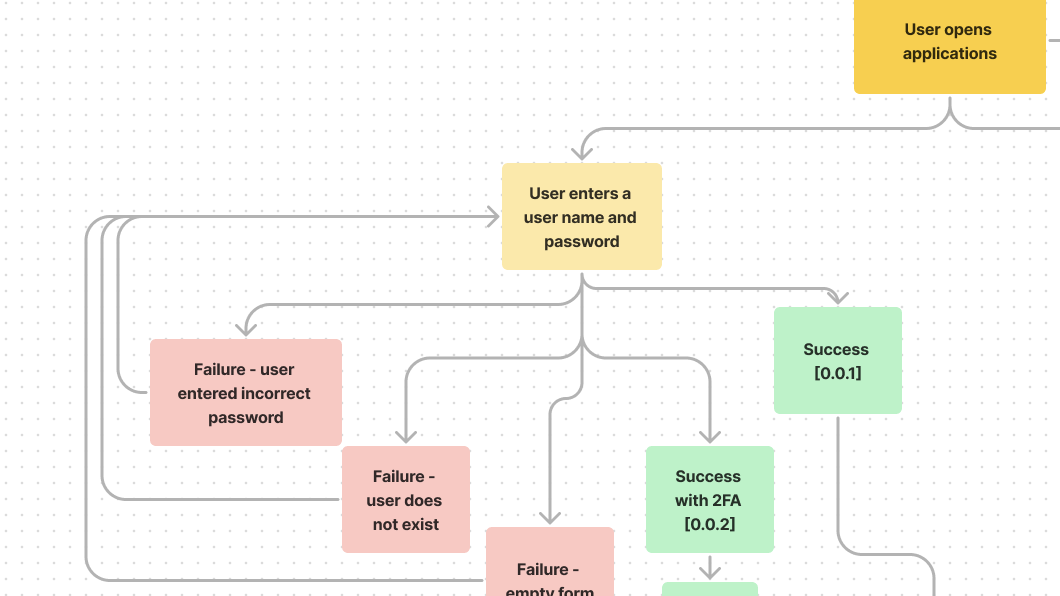
I applied agile methodologies throughout a semester-long project where I worked in a group of five to develop an app designed to promote sustainability habits. The app encouraged users to complete eco-friendly tasks and set reminders, with the goal of fostering long-term sustainable behaviors. We built the application using the MERN Stack (MongoDB, Express.js, React, and Node.js), ensuring smooth data management, dynamic user interaction, and efficient backend processes. By following agile practices, we maintained consistent collaboration and iterative development to enhance the app’s functionality over time.
Experiences
FIFE-Penn CS Academy Coding Instructor
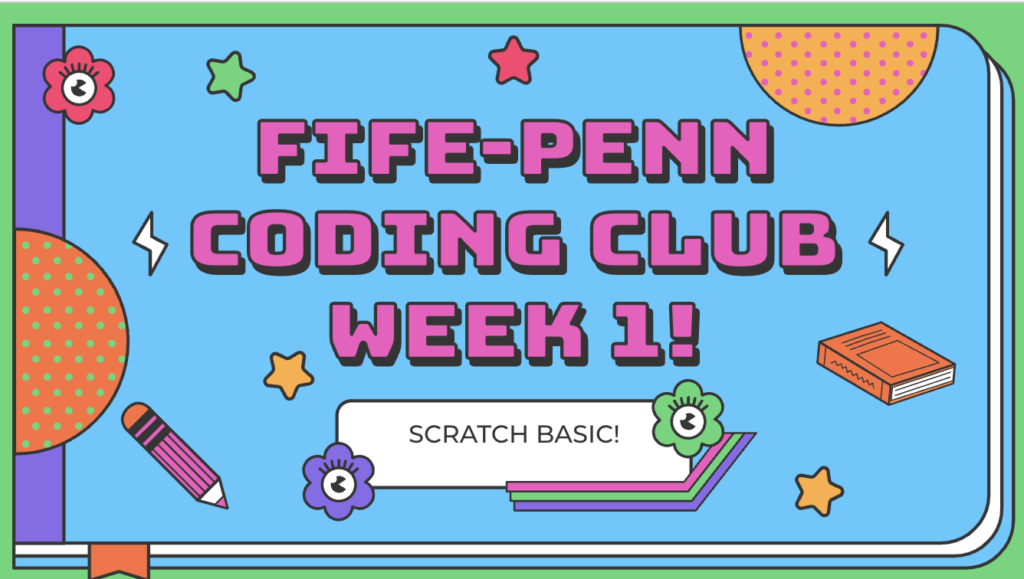
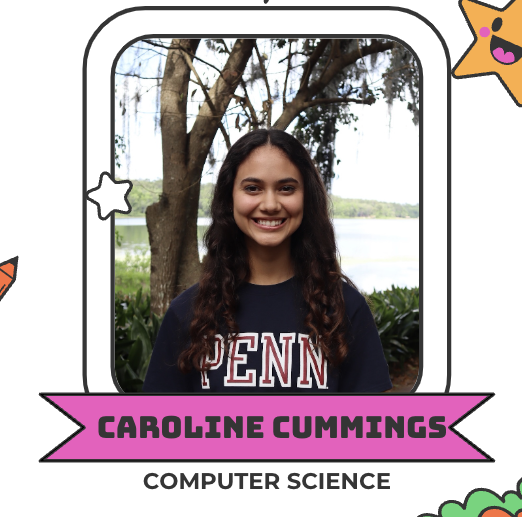
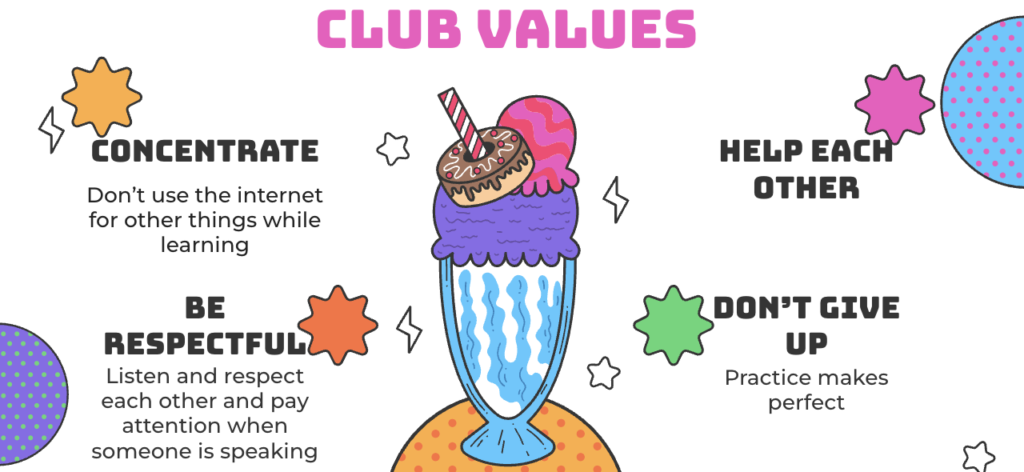
I had the wonderful experience of being a FIFE-Penn Academy coding instructor for elementary schoolers. It was heartwarming to witness their excitement as they explored the potential of coding through Scratch. Crafting interactive and age-appropriate lesson plans allowed them to grasp basic coding concepts, and I was always happy to see their faces light up when they created their own animated characters and games. Teaching coding not only showcased their creativity but also improved their problem-solving, critical thinking, and collaboration skills. Being a role model for the kids was a privilege, and I felt a sense of fulfillment knowing that I played a part in empowering the next generation of coders.
Tutor for the Weingarten Center at the University of Pennsylvania
As a Computer Science Tutor in 2024, I provided tutoring sessions during the spring semester for two groups of students in the Introduction to Computer Systems course. My role involved helping students deepen their understanding of course material and concepts, including memory, simple processors, and C programming. I guided them through challenging topics, and offering personalized support to ensure their success in the class. Through this experience, I enhanced my communication skills and developed effective teaching strategies to explain complex technical content in a clear and accessible way.
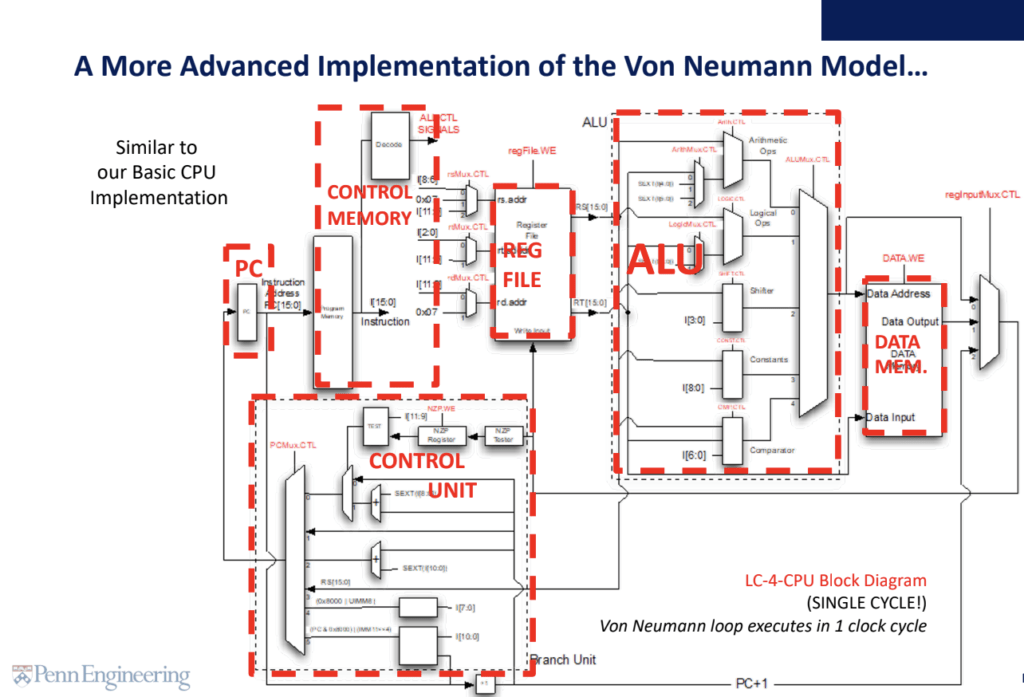
Finance Director for the Society of Women Engineers
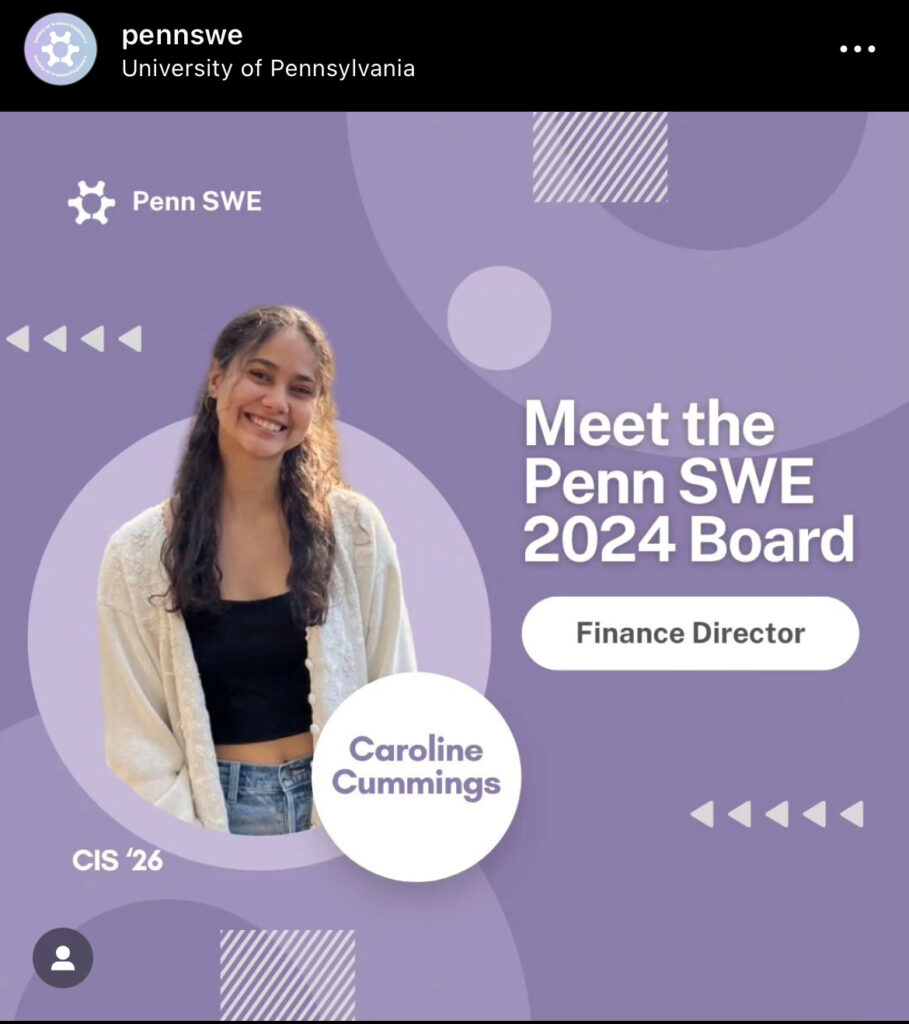
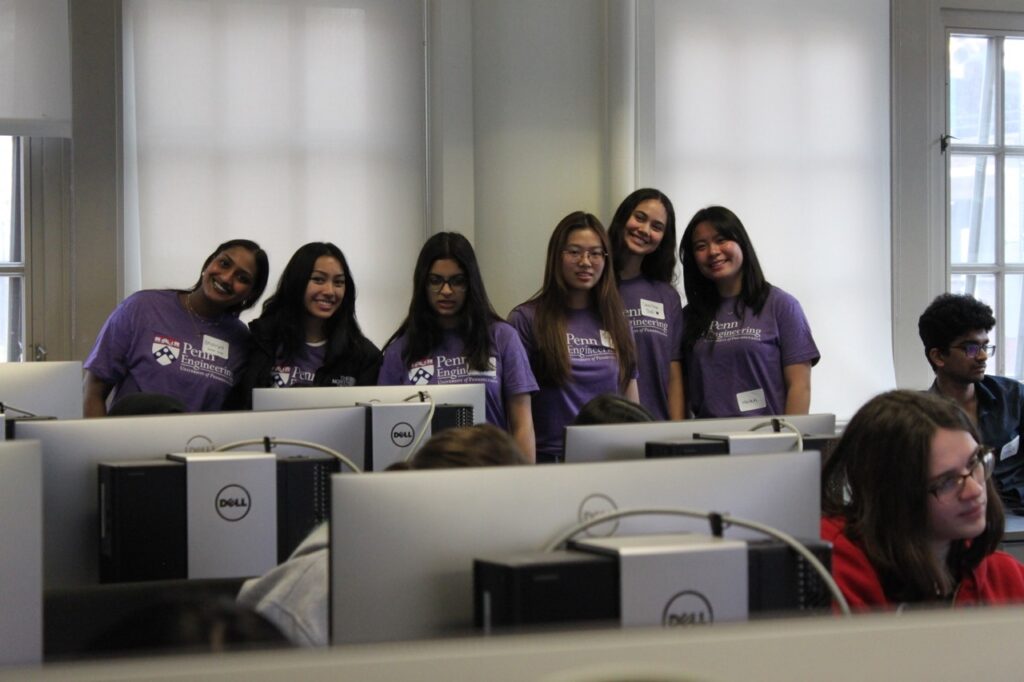
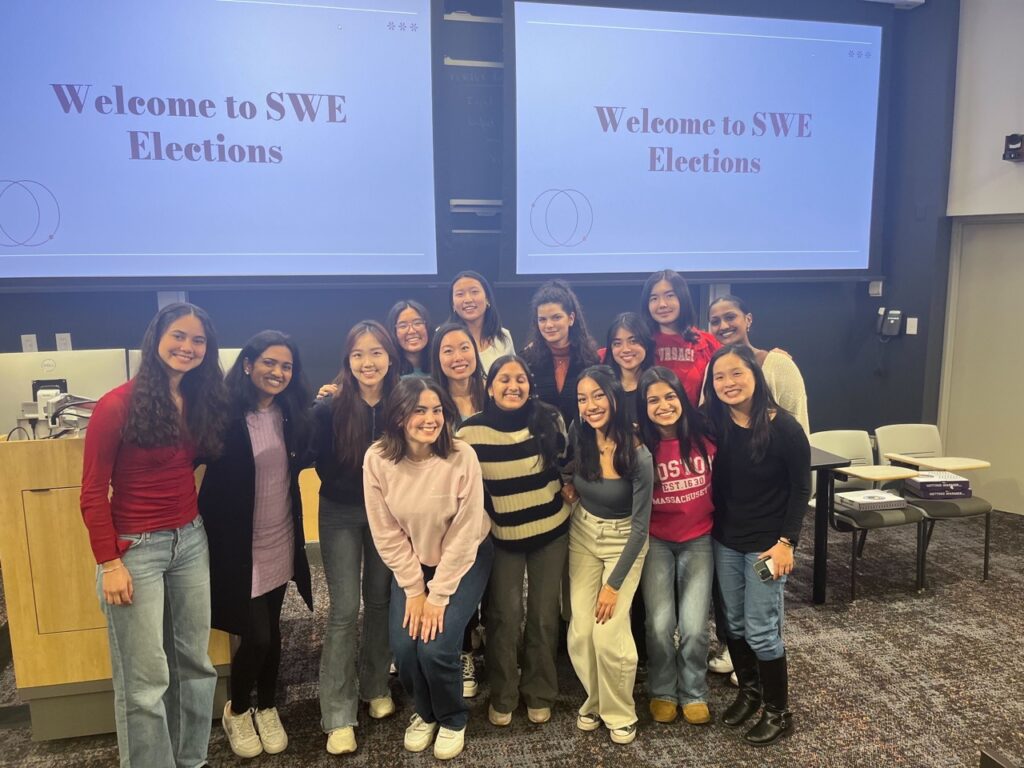
As SWE Finance Director for the 2024 year, I’ve gained valuable insights into how to handle club expenses and financial planning for the growth of our organization. I have been able to witness the positive impact of community-building events and networking opportunities which has reinforced my passion for empowering women in the engineering field. SWE’s role in fostering a more inclusive and diverse landscape within a traditionally male-dominated field has been inspiring. Overall, my journey with SWE, from Community Development Committee to the role of Finance Director, has been instrumental in shaping my perspective, fostering connections, and making an impact on the women in engineering.
Brookhaven National Laboratory Quantum Computing Student Intern
During the Quantum Computing Summer School, I tackled challenging concepts with guidance and mentorship from knowledgeable instructors. Through collaborative efforts and teamwork with fellow students, I solved problems and shared insights, enhancing my problem-solving abilities in real-world Computer Science and Quantum Information Science applications. Additionally, I successfully analyzed data and designed quantum circuits that were sent and run on IBM’s quantum infrastructure.
You can view my code here.
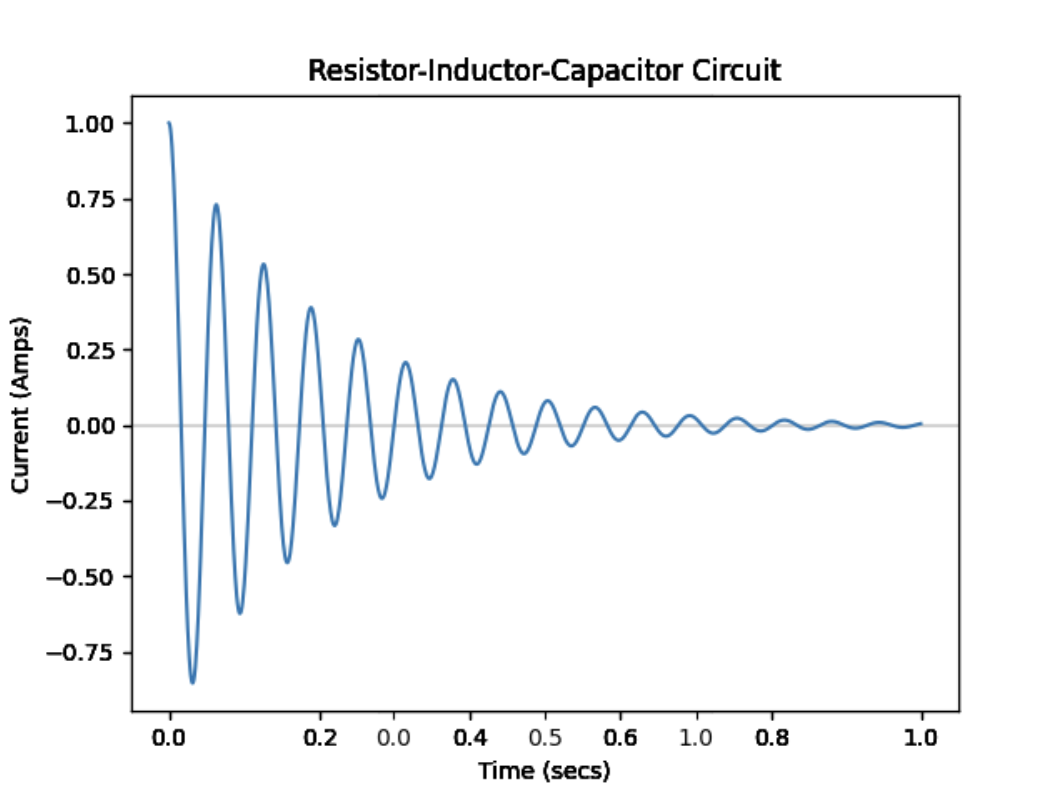
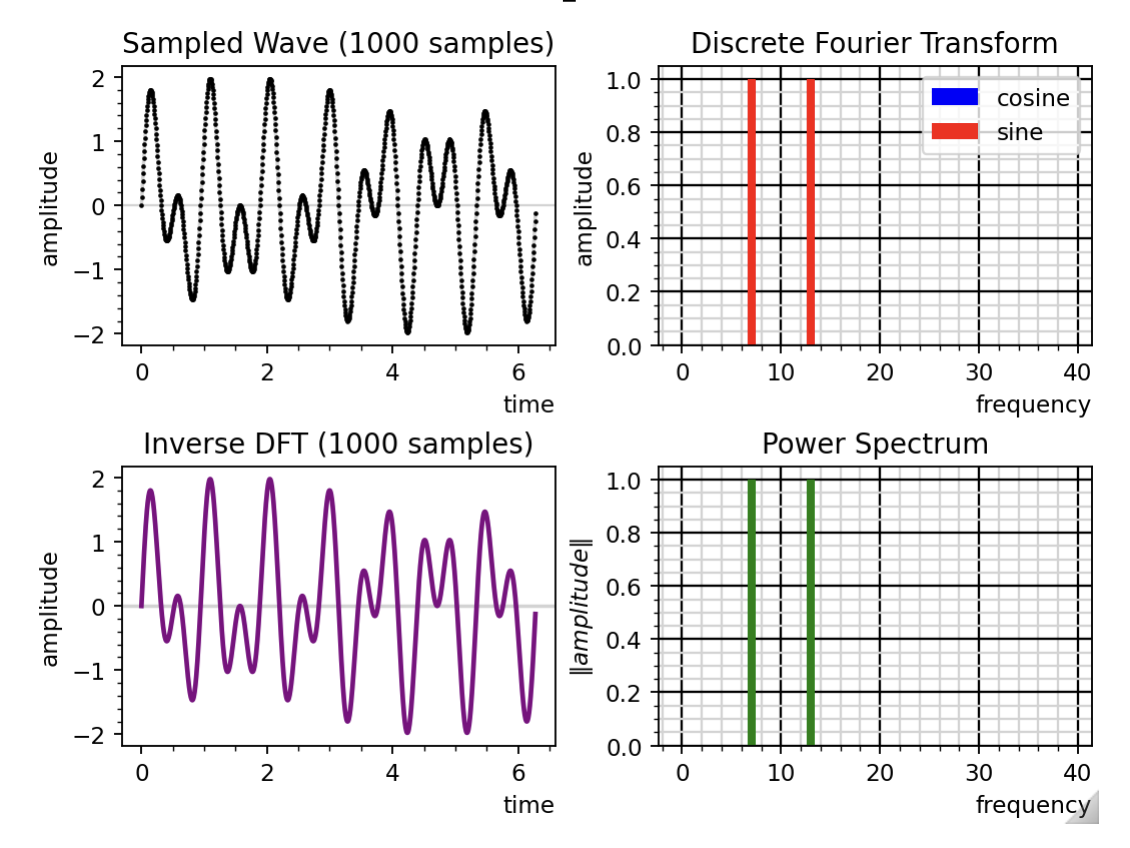
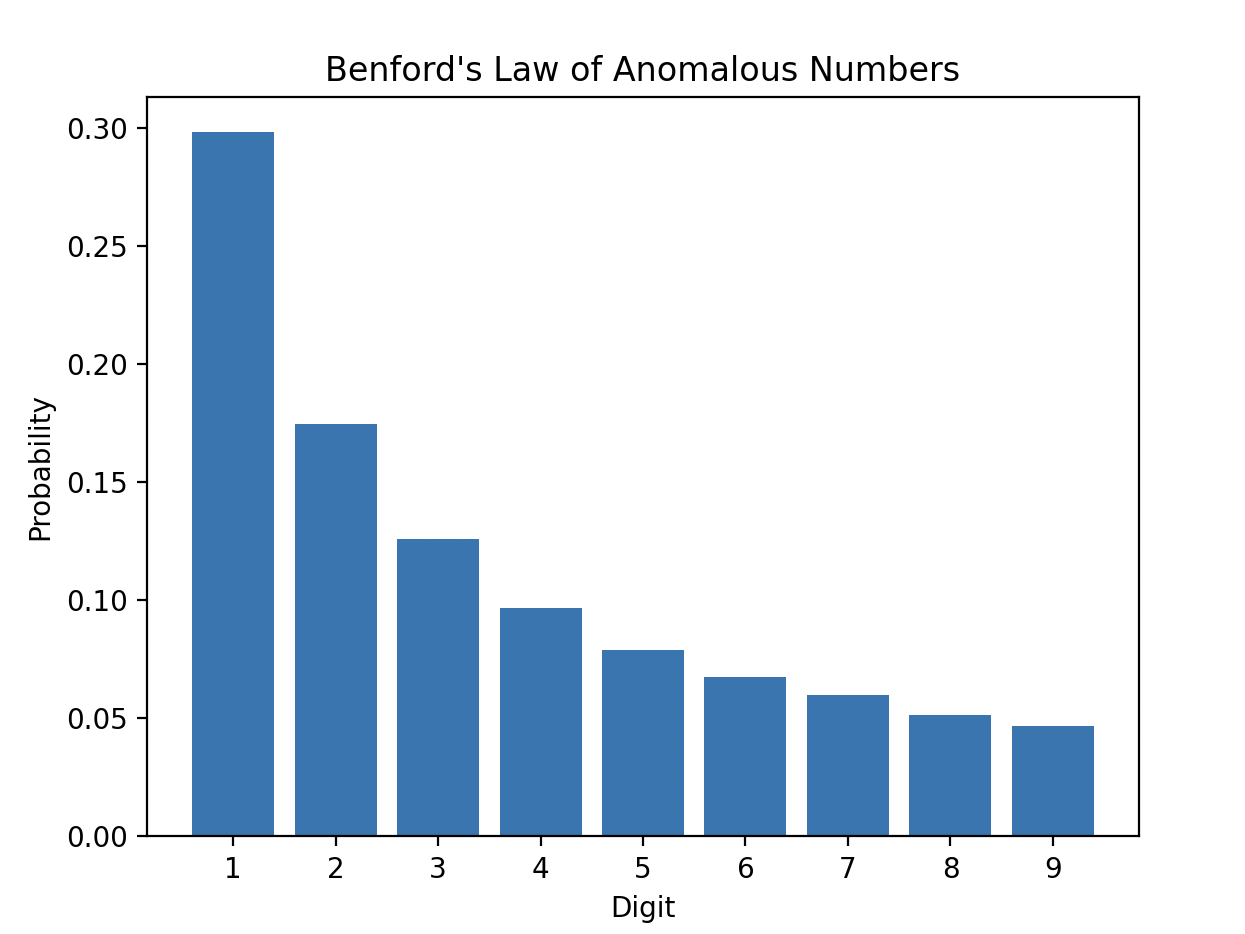
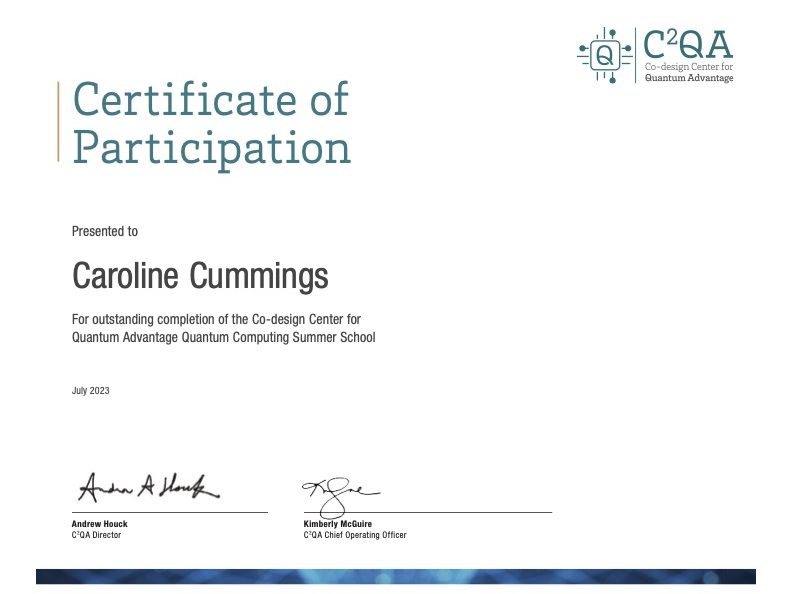
Women in Computer Science Board Member
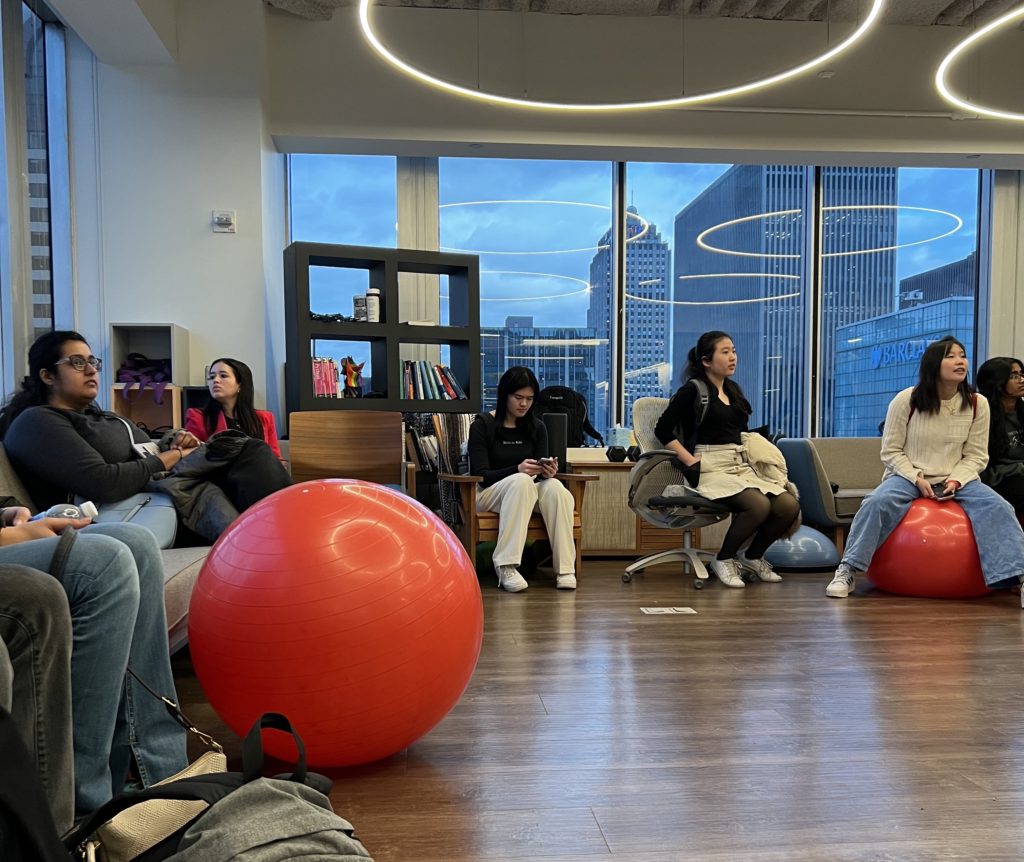

Being part of the Women in Computer Science board was an immensely positive and rewarding experience. Through our events, such as study breaks and talks with computer science professors, we cultivated a supportive atmosphere for members to connect and learn. An unforgettable highlight was our trip to New York, where we arranged tours at tech companies like Spotify and MongoDB, fostering networking and career exploration. Overall, this involvement strengthened my passion for computer science, fostered strong connections, and empowered me in the male-dominated field, aiding my personal and professional growth.
